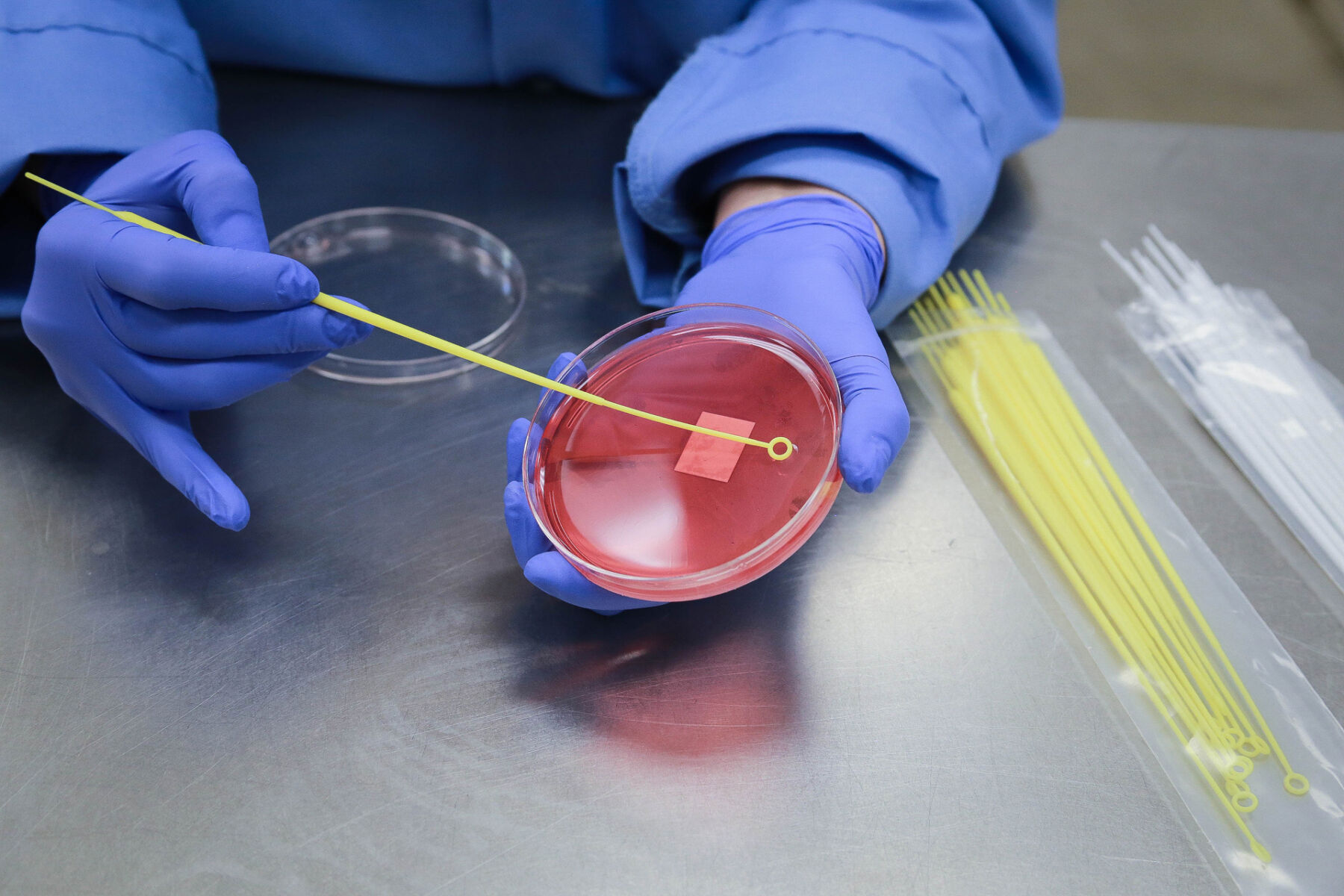
Food Safety Testing for Manufacturers
Food safety testing is a vital part of maintaining the health and wellbeing of consumers. The importance of testing food, how it’s transported, and the facilities it originates from are a priority as more consumers become wary of what enters their home and what they put on or within their bodies.
With the increased demand for food products that are safe and beneficial to consumers’ wellbeing, reports show that food testing has substantially increased, with the food safety testing market projected to grow to approximately $36.01 billion by 2030.
What is Food Safety Testing?
Food safety testing varies quite a bit by facility. While some test for quality, others test for specific minerals, chemicals, etc.
The United States Department of Agriculture defines food safety this way:
The conditions and practices that preserve not only the quality of the food being sent to consumers but also the practices that ensure the prevention of contamination from potentially hazardous materials/compounds, as well as bacterial/viruses that could make consumers sick.
Food safety testing organizations can utilize several different tests to ensure the quality of goods intended for consumer consumption.
Food Safety Testing – Microbiology
Microbiology testing specifically tests for living organisms and pathogens that could be harmful to consumers. These tests look not only for pathogens known to make consumers ill but those that can affect the overall quality of the food being sent out to grocery stores and other businesses. Testing for spoilage organisms and indicators is crucial to ensure that only the best food products make it to consumers.
Other microbiology testing services that may be performed include:
- Bacterial and fungal speciation/subtyping
- Environmental monitoring assessments
- Foreign material identification
- Hormone testing
- Spoilage investigations
For background on the conditions that drive microbial growth and inform test selection, see our FAT TOM guide (Food, Acidity, Temperature, Time, Oxygen, Moisture).
Food Safety Testing – Analytical Chemistry Testing
Chemistry testing is a vital part of food safety testing because it tests for various additives, allergens, contaminants, minerals, and heavy metals. While there are some allowable amounts of certain compounds, minerals, and so on, limitations depend on the product and its intended use.
For example, if a product is labeled as allergen-free, it needs to be tested to ensure no known allergens are present. The same can be said of metals in food, as some consumables include supplemental metals, such as iron. However, the presence of heavy metals, such as mercury, needs to be monitored carefully.
This testing can also be used to search for properties that may increase the chances of a product spoiling or going rancid – ensuring the quality of products being sent to consumers.
Detention Testing
According to the U.S. Food and Drug Administration (FDA), approximately 15% of the country’s food supplies are imported from other countries. With such a large portion of the food supplies coming from outside the U.S., samples are taken and tested for various pesticides, additives, and pathogens to ensure that they meet the FDA’s strict standards. If they don’t, they are placed on an import alert.
This means that the shipper must provide additional evidence that future shipments meet the necessary standards. To speed up this process, shippers can reach out to a third-party laboratory to have their products tested again, as well as future shipments to prove that their goods do follow the necessary guidelines. This process is called detention testing, and after so many successful tests, the results can be submitted to the FDA to be removed from the import alert list.
FSNS works with Certified Laboratories under the Certified Group umbrella to provide FDA Detention Without Physical Examination (DWPE) sampling and testing to customers across the country. We provide sampling near every U.S. port, provide lab testing, help with Red List removal, and provide U.S. Agent services to importers across the globe. Contact us if you need FDA DWPE sampling or testing.
Certification & Audit
When it comes to building a shipper’s reputation, they must have the proper certifications to handle food and beverages safely. Certain food testing laboratories can provide a variety of audit services that can prove that your shipping procedures and policies meet customers’ needs. Some audits that may be performed can include:
The types of audits performed can and will vary by testing facility, so make sure you are taking the time to research your options.
Food Safety Net Services – Testing You Can Rely On
FSNS works with Certified Laboratories under the Certified Group umbrella to provide food safety testing to manufacturers, distributors, and other businesses across the U.S., Canada, and Mexico.
Contact us if you need food testing or other food safety services.
